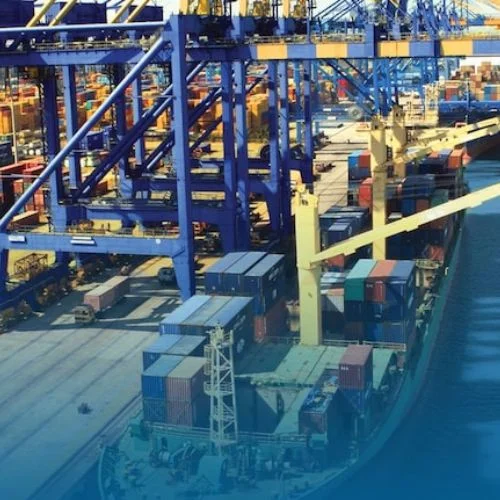On Monday, Finance Minister Nirmala Sitharaman said that retail inflation is currently “stable” and that transient surges in inflation are driven by demand-supply mismatches induced by global shocks and unfavorable weather conditions.
Sitharaman said in a written reply to the Lok Sabha that retail inflation in India has decreased from an average of 7.1% in April-October 2022 to 5.4% in the same period in 2023.
“Retail inflation is now stable and within the notified tolerance band of 2% to 6%.” “A consistent decline in core inflation, calculated after removing volatile food and fuel items from retail inflation, has been critical in reducing inflationary pressures in the Indian economy,” she added. The core inflation rate has fallen from 5.1% in April 2023 to 4.3% in October 2023.
According to the minister, retail inflation in India has been generally below acceptable bounds since the announcement of the inflation tolerance band in 2016. “Temporary increases in inflation on a few occasions are caused by demand-supply mismatches arising out of global shocks and adverse weather conditions,” he said.
The government’s proactive supply-side actions, as well as the Reserve Bank of India‘s successful demand stabilization policies, have aided in resolving demand-supply imbalances and reining in inflation, she noted. Strengthening buffers for key food items, making periodic open market releases, easing imports of essential food items through trade policy measures, preventing hoarding through imposition/revision of stock limits, and channeling supplies through designated retail outlets are among the measures taken by the government to restrain inflation.
The Pradhan Mantri Garib Kalyan Anna Yojana, which offers free foodgrains to about 81.35 crore recipients, has been extended for five years, beginning January 1, 2024, to provide food security for the poor. The government has enhanced the subsidy under the Pradhan Mantri Ujjwala Yojana from Rs 200 to Rs 300 for each 14.2 kg cylinder in October 2023.
Inflation is a measure of how quickly prices for goods and services rise. Inflation, which raises costs for essential needs such as food, may have a detrimental influence on the whole economy.
Inflation may affect almost any product or service, including both need-based expenditures like housing, food, medical care, and utilities and want-based prices like cosmetics, vehicles, and jewelry. When inflation becomes widespread in an economy, the prospect of more inflation becomes a major worry in the minds of both consumers and companies.















